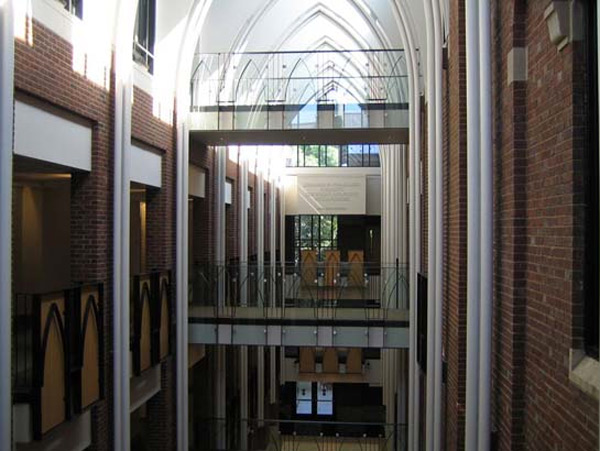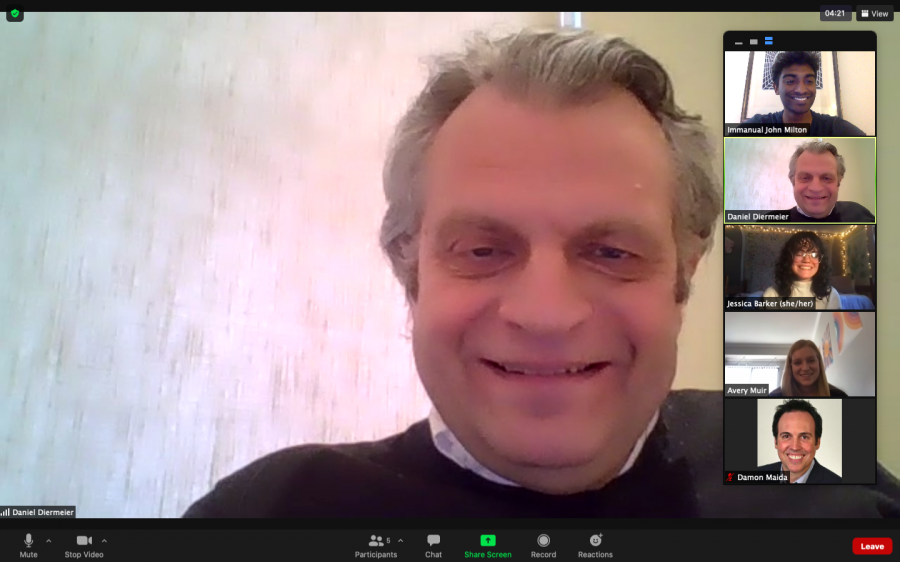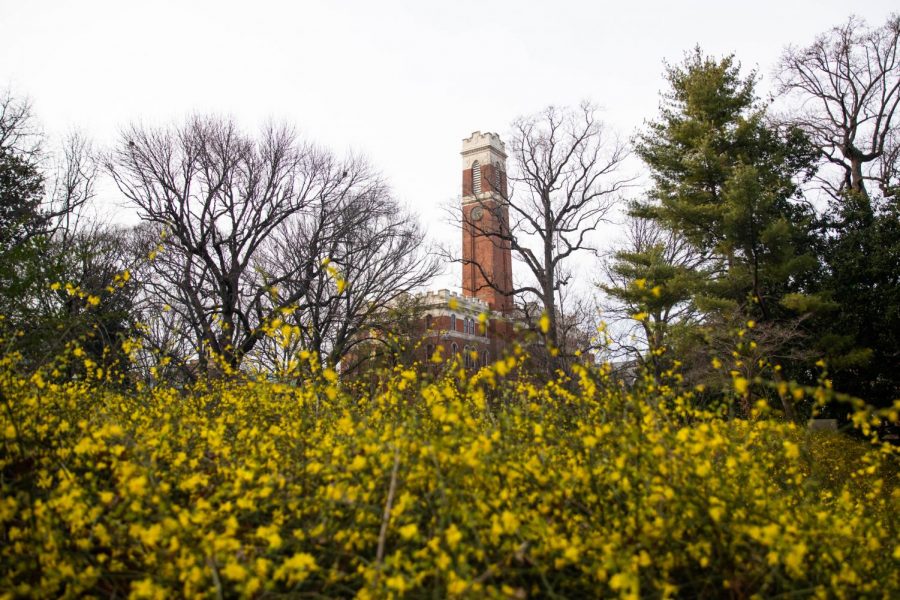
Hello fellow graduate workers,
The economic crisis created by COVID-19 is disrupting our research and teaching, endangering our career prospects and threatening our financial security. The administration’s response reveals its disregard for the demands and value of our work. While graduate workers are unsure if they can support themselves and their families, administrators rush to protect Vanderbilt’s multi-billion-dollar endowment, rather than the present and future well-being of graduate workers.
In an email sent on May 15, Deans John Geer and David Wright discussed the need to protect the University’s “bottom-line ” through cuts to graduate research and education. This program of austerity, however, is nothing new. The proposal is not an emergency measure, but rather the latest rhetorical styling of an ongoing campaign to slash graduate education and research. The administration’s artfully ambiguous messaging obscures the severe impact of these decisions on graduate workers.
Graduate worker testimonials collected by Graduate Workers United (GWU) reveal the human and professional cost of these reductions of graduate resources. International graduate workers face particularly vexing circumstances, with their funding and visa statuses in doubt. Far beyond research disruption, many of these graduate workers are unsure how they will continue to support their families and remain in the country.
Other graduate workers are shocked at the lack of support they receive while working to complete their degrees and continue their intellectual careers. One graduate worker found it “deeply upsetting” that their postdoctoral fellowship offer had been rescinded and suggested that faculty have “little power” to advocate for them. This contradicts the administration’s calming assurances that funding issues will be adequately addressed at the departmental level. In the midst of a recession, this worker is concerned that their academic career is “effectively over.”
While the administration argues that belt-tightening is a financial exigency, a series of budget cuts to graduate education predating the pandemic suggest otherwise. Beginning last February, Geer asked department chairs to admit fewer graduate students as part of his plan to make graduate education “leaner and meaner,” So far, the plan has cut graduate programs with little advance notice or faculty consultation. This program has left the German and French departments, already among the smallest graduate programs, doubtful of whether they will be able to train new students at all. Budgetary cuts in the name of the pandemic threaten to further dismantle these programs and others.
On April 28th, our colleagues in Graduate Workers United (GWU), an organization working towards graduate worker unionization at Vanderbilt, drafted an open letter to Interim Chancellor Wente, signed by nearly 700 fellow graduate workers and faculty, calling for the support necessary to sustain our intellectual community. The letter calls for funding extensions for all graduate workers for one academic year, full coverage for COVID-19 and mental healthcare-related expenses, the implementation of urgent safety measures for essential graduate researchers and comprehensive financial hardship and visa support for international graduate workers.
Despite the substantial and growing support for these demands, the administration has given no direct response. Now is the time for cooperation and communication. The pandemic should not be the justification for undermining our work and livelihoods. Rather, it should compel our entire community to work collectively towards the wellbeing of all its members.
We urge the university to see us as more than just lines in the budget.
The Interim Chancellor’s own diagnosis of Vanderbilt’s financial situation, however, is inconsistent with Geer and Wright’s talk of budgetary constraints. In her April 20 video message “A Word with Wente,” Interim Chancellor Susan Wente proclaimed that the university was in a “good position to weather these challenges” associated with the pandemic. This mixed messaging suggests the University has misrepresented its financial state in a moment that calls for transparency.
More fundamentally, the claim that Vanderbilt, a university with one of the largest endowments in the country, must aggressively cut costs to ensure its solvency reflects the administration’s unwillingness to use this vast financial reserve to protect and support graduate workers. Indeed, administrators have benefited from record returns on the endowment in the form of exorbitant bonuses—including $3 million to former Chancellor Nicholas Zeppos in 2016— while the needs of graduate workers have gone unmet. Beyond these bonuses, the University pays salaries of over 1million dollars to two vice-chancellors and three athletics coaches, making them part of what journalists recently called “higher education’s millionaire’s club.”
The money necessary to comprehensively address the challenges faced by graduate workers is a fraction of the discretionary funding available. That the administrators of such a wealthy institution suggest otherwise is alarming. The proposed budget cuts to graduate programs are not a necessary response to Vanderbilt’s expected loss of revenue but a continuation of the university’s increasingly profit-driven approach, one that values empty notions of “excellence” and “discovery” without providing us the resources that we need.
We call for the administration to communicate with all university students and workers and use Vanderbilt’s ample resources to ensure the viability of graduate education and research. A universal one-year funding extension, full COVID-19 and mental healthcare coverage and comprehensive support for international graduate workers are the surest ways to demonstrate meaningful support during the pandemic and beyond.
Huntley W. Hughes, Ph.D. student in English
Patrick J. Reilly, Ph.D. student in History
Steven P. Rodríguez, Ph.D. candidate in History
with Vanderbilt Graduate Workers United














